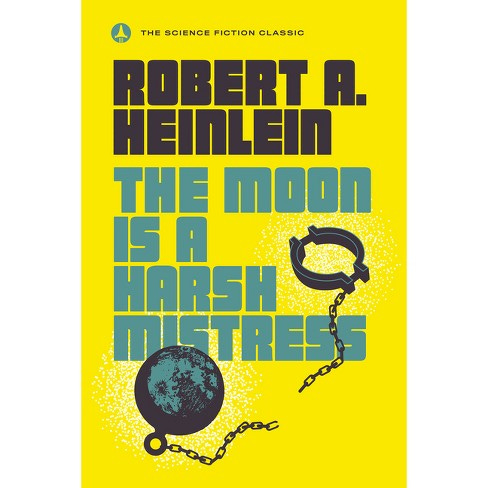How Artificial Intelligence is Helping Scientific Research. Solving the Mesozoic Conundrum
A birthday gift I made to myself, with some help from Grok
Grok3 generated this image of “herself” offering a birthday cake to Ugo Bardi on the occasion of the publication of a study on the Mesozoic Climate.
For my birthday, today, I clicked the “Submit” button of the “Eartharxiv” site, submitting to them this paper. A true birthday gift for me! And thanks to Grok, which helped me a lot.
They told me they accepted it, although it has not been published yet. If you would like to have a copy, just ask me in the comments. (note added later: It is now published, available here.)
The story of this paper starts from my fascination with the “Mesozoic Conundrum” described by Emily Judd and her coworkers. Why did temperatures increase, but the CO2 concentration remained approximately stable? As I described in an earlier post of mine, it is one of those questions that keep people awake at night (aren’t you subjected to the same effect when you deal with Mesozoic mysteries?).
So, I first took a qualitative approach to solving the conundrum that you can read about in a post of mine. Then, a couple of days ago, I was on a train going from Venice to Florence, mulling over the conundrum. So, I opened my laptop and I asked Grok, “Can you plot the extent of forest cover during the Mesozoic as a function of temperatures?” I gave the cute AI the links to the papers to extract the data from, and — miracle — in two minutes, I had the plot in front of me: a nice straight line. Bingo, as we never say in Italy. (We say “Tombola!”)
I was so excited that I wanted to rise from my seat in the train and scream, “Fellow passengers, I solved the Mesozoic Conundrum!” I didn’t do that; I am not sure they would have understood.
Then, I asked Grok to prepare a report on the matter, and in a few minutes, I had it in front of me. A complete paper, with sections, data, comments, references, and everything. I read it, a little bewildered: it was better than most of the papers you can read in refereed journals. Tombola squared! I thought: “Houston, we have a solution! We don’t need university professors anymore; we can replace them with AIs!”
In reality, revising Grok’s report in depth, it was far from being perfect. I had to rewrite almost every sentence, check all the data, and remove several hallucinations that Grok had inserted. But that was compensated by Grok making me note errors I made, including personal hallucinations. The final result after several passes was good enough, I think, to be submitted to a preprint archive, Eartharxiv, for comments by readers and, maybe, in the future, submission to a refereed journal.
Overall, I think AIs are truly revolutionizing the way we do science. Grok3 was not yet at the level of a human scientist: he/she/it clearly understood the details of the Mesozoic story, but couldn’t really grasp the whole of it. Never mind. This is just Grok3. I saw the incredible improvement from Grok2, and I am awed at thinking what Grok4 could be able to do.
Really, if you are a scientist, you know the drudgery of putting together the data, analyzing, plotting, and checking all the details….. And the job of writing papers: one of the most boring jobs ever invented in humankind’s history (“it has been found that….”). Gosh, Grok can take the drudgery out of the task; then you only have to work on the interesting part — and be revised by Grok. If I had had to write this paper myself, alone, it would have taken me at least a week of full-time work. With Grok, I managed to do it in a few hours.
So, thanks Grok, and happy birthday to me!
__________________________________________________________
Ah… why Grok and not another AI? Well, if you were a teenager who read Robert A. Heinlein’s novels, this is an obvious choice. Below, the front cover of his novel “The Moon is a Harsh Mistress” which features “Mike” as an artificial intelligence very similar to the real Grok.









I don't usually comment on posts I haven't read, but thought I'd mention why I'm about to unsubscribe. I want nothing to do with AI, so when I see you're having it create not only the art but the texts of you blofgposts, I'm done.
AI still is lacking the proper sensors to show real data: it's limited to whatever is available on the web. Having been involved in electronics since age 12 it's obvious that no amount of language processing can produce an audio power amplifier or topology of it that could outperform the effort of an experienced designer. Even the results of available simulators aren't reliable enough to skip constructing prototypes and doing the measurements, apart from really simple circuits.
But equipped with sensors outperforming human senses and able to do measurements, AI could detect trends before humans do.